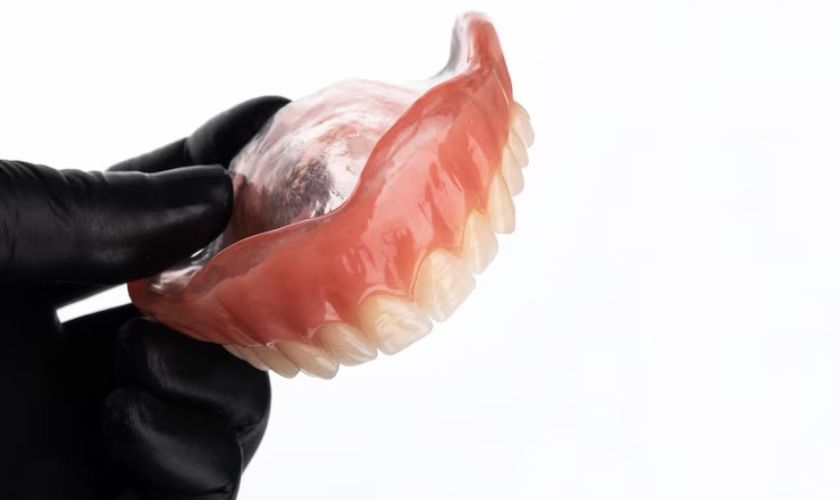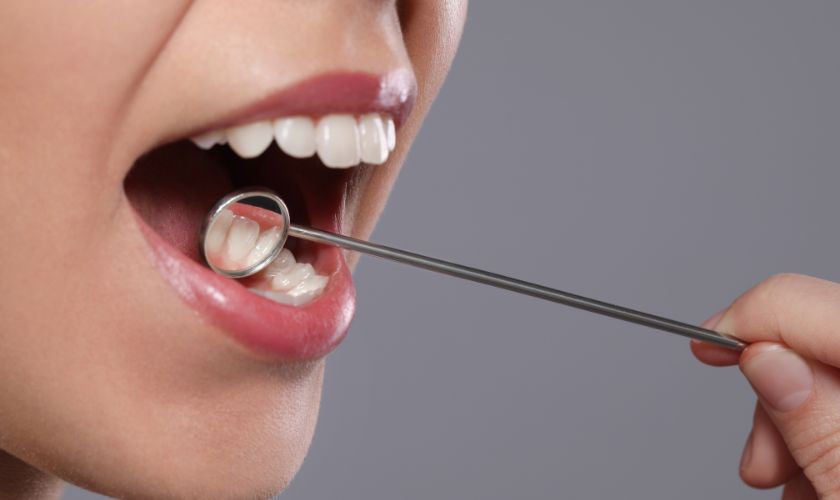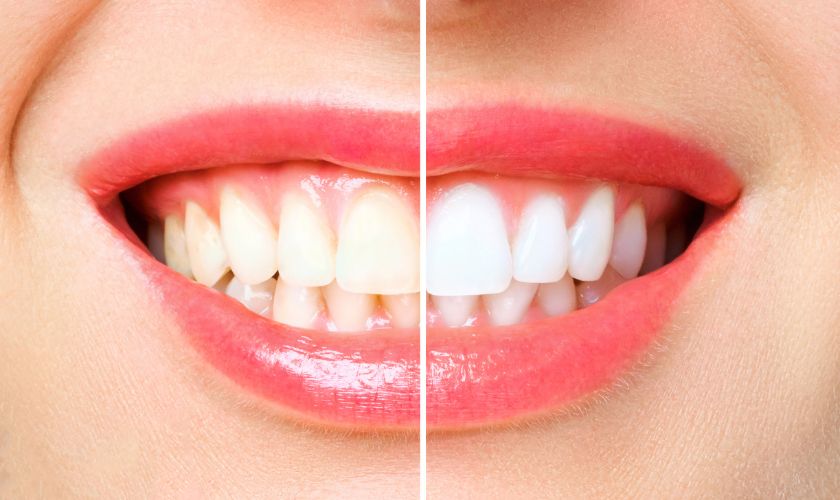Are you missing one or more teeth and looking for a solution that will restore your smile and confidence? Look no further than dentures! With advancements in modern dentistry, there are now several types of dentures available to meet the unique needs of each individual. But with so many options, how do you know which type is right for you? In this blog post, we’ll explore the different types of dentures available and provide guidance on choosing the best option for your specific situation. So let’s dive in and discover all the benefits that come with wearing dentures!
Different types of dentures
There are several types of dentures available, and each one is designed to address specific dental issues. The most common types include complete dentures, partial dentures, implant-supported dentures, immediate dentures, and overdentures.
Complete or full dentures are used when all the teeth in an arch (upper or lower) need replacement. These removable prosthetic devices sit on top of your gums and give you a natural-looking smile.
Partial dentures are recommended if some of your natural teeth remain healthy. They can be attached to nearby teeth using metal clasps or precision attachments.
Implant-supported dentures offer more stability than traditional ones by anchoring them into place with dental implants that fuse with the jaw bone. This option provides better comfort while eating and speaking compared to conventional options.
Immediate Denture is a temporary solution that’s placed immediately after tooth extraction so you won’t have to go without teeth while waiting for your permanent set.
Overdenture is similar to Implant-Supported Denture but it requires fewer implants as they rest over remaining natural teeth providing extra support for added retention
It’s important to consult with your dentist before deciding which type of denture would work best for you based on factors such as oral health status, budget constraints and lifestyle preferences.
How to choose the right type of denture
Choosing the right type of denture is crucial in ensuring comfort, functionality, and confidence when wearing them. First and foremost, you need to consider the condition of your teeth, gums, and overall oral health. Your dentist will assess your situation to determine whether partial or full dentures are suitable for you.
Partial dentures are recommended if only a few teeth are missing while complete or full dentures replace an entire set of teeth. There are also immediate dentures that can be placed immediately after tooth extraction and conventional dentures that require a healing period before placement.
Your lifestyle should also be taken into account when choosing the type of denture. If you have an active lifestyle or play sports regularly, then removable partial dentures may best suit your needs as they allow for more flexibility during physical activities.
The materials used in making the denture can affect its cost and durability. Acrylic resin is commonly used for temporary or short-term use while porcelain is preferred for its natural look but comes at a higher price point.
It’s important to discuss with your dentist maintenance requirements such as cleaning procedures and possible adjustments needed over time to ensure optimal fit and comfort.
The benefits of dentures
Dentures are a great option for those who have lost their natural teeth due to age, injury or disease. They offer several benefits to individuals who have lost some or all of their natural teeth Here are the key benefits of dentures:
- Restored Chewing and Eating Ability: Dentures enable individuals with missing teeth to regain their ability to chew and eat properly. With dentures, you can comfortably bite into and chew a variety of foods, which improves digestion and overall nutrition.
- Improved Speech: Missing teeth can affect speech clarity, causing slurring or mumbling. Dentures help restore proper pronunciation and speech patterns, allowing individuals to speak more clearly and confidently.
- Enhanced Aesthetics: Dentures provide a natural-looking set of teeth, which can significantly improve your smile and facial appearance. They help fill in the gaps caused by missing teeth, restoring the natural contours of your face and preventing a sunken or aged appearance.
- Boosted Self-Confidence: By improving your smile and facial appearance, dentures can enhance your self-confidence and self-esteem. You can feel more comfortable smiling, speaking, and engaging in social interactions without worrying about gaps or missing teeth.
- Customized Fit: Dentures are custom-made to fit your mouth, ensuring a comfortable and secure fit. Dentists take precise measurements and impressions to create dentures that are tailored to your unique oral anatomy, allowing for better functionality and comfort.
- Facial Support: The loss of teeth can lead to sagging or collapse of facial muscles, which can make you appear older. Dentures help support the facial muscles, maintaining the natural shape and structure of your face.
- Easy Maintenance: Dentures are removable, making them easy to clean and maintain. Regular brushing, rinsing, and soaking in denture cleaning solutions can help keep them clean and free from bacteria or plaque buildup.
- Cost-Effective Option: Dentures are generally a more cost-effective solution compared to other tooth replacement options like dental implants or bridges. They offer a more affordable way to restore missing teeth and improve oral function and aesthetics.
With proper care, dentures can last for many years providing comfort while speaking, chewing and smiling confidently. So if you’re considering dentures as an option for tooth replacement – don’t hesitate! The benefits are numerous and will greatly improve your quality of life.
How to care for your dentures
Taking care of your dentures is important to ensure they remain in good condition and last as long as possible. Here are some tips on how to properly care for your dentures:
1. Brush them daily: Just like natural teeth, dentures need to be brushed daily with a soft-bristled brush and non-abrasive cleaner.
2. Rinse after eating: After meals, it’s a good idea to rinse your mouth and dentures with water or mouthwash.
3. Soak overnight: Dentures should be soaked in water or a specialized cleaning solution overnight to remove any bacteria or debris that may have accumulated during the day.
4. Handle with care: When handling your dentures, be gentle to avoid damaging them.
5. Keep them moist: Dentures can become warped if they dry out, so it’s important to keep them moist when not wearing them.
6. Regular check-ups: Visit your dentist regularly for check-ups and adjustments to ensure the proper fit and function of your dentures.
By following these simple tips, you can extend the life of your dentures and maintain optimal oral health.
Conclusion
To sum it up, dentures are an excellent solution for those who have lost their teeth and want to improve their oral health and appearance. With different types of dentures available, individuals can choose the one that best fits their needs and budget. When selecting a type of denture, it is essential to consider factors such as cost, material quality, fit and comfort. Additionally, proper care of dentures is crucial in maintaining their longevity and effectiveness.
Taking good care of your dentures involves brushing them regularly with a soft-bristled brush using mild soap or detergent. It’s also important to clean your mouth thoroughly before inserting the denture every day. With proper maintenance and regular check-ups with your dentist or prosthodontist, you can enjoy the benefits that come with wearing high-quality dental prosthetics confidently.
Visit Smiles of Punta Gorda
We can see you as soon as tomorrow!





